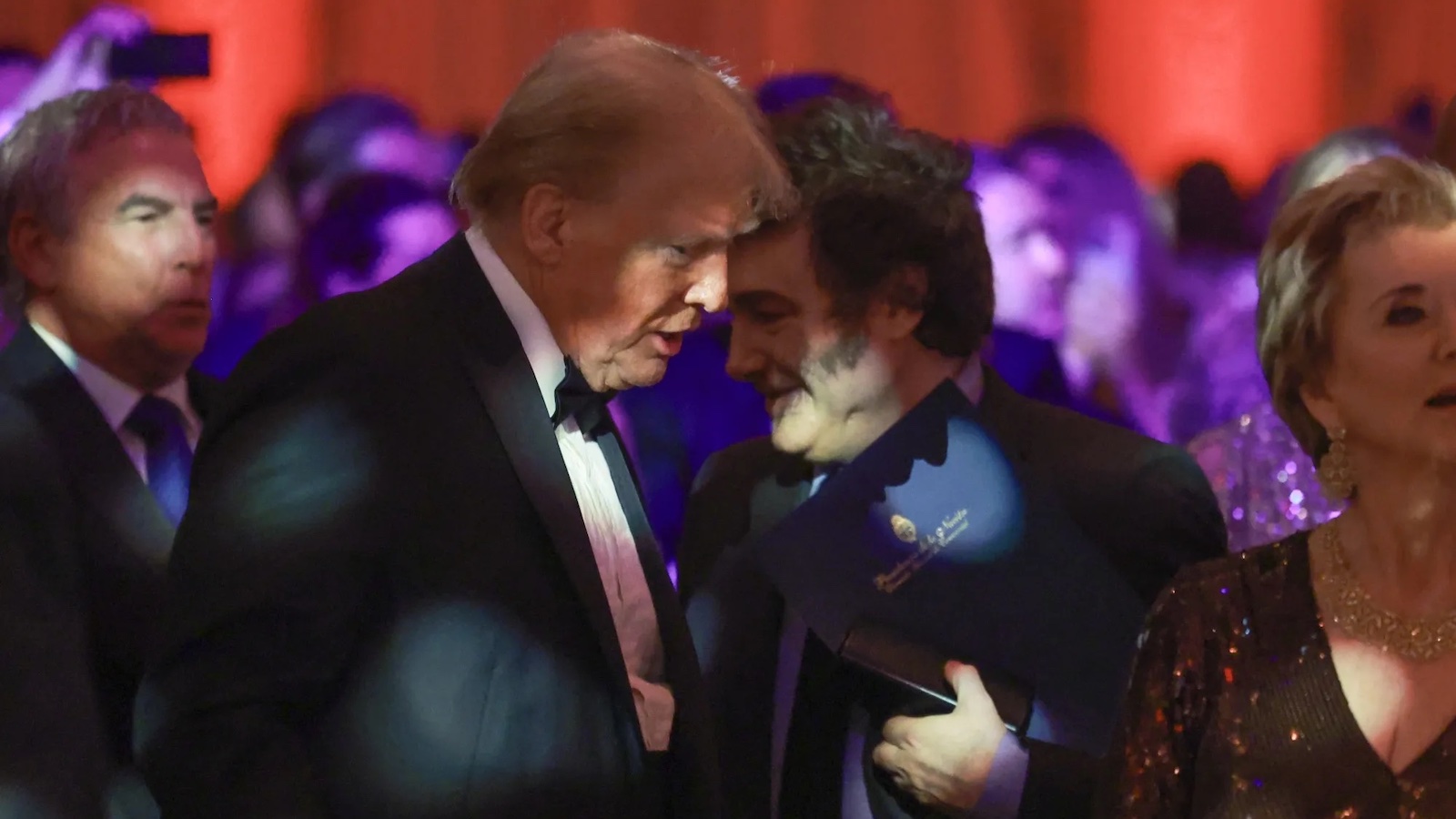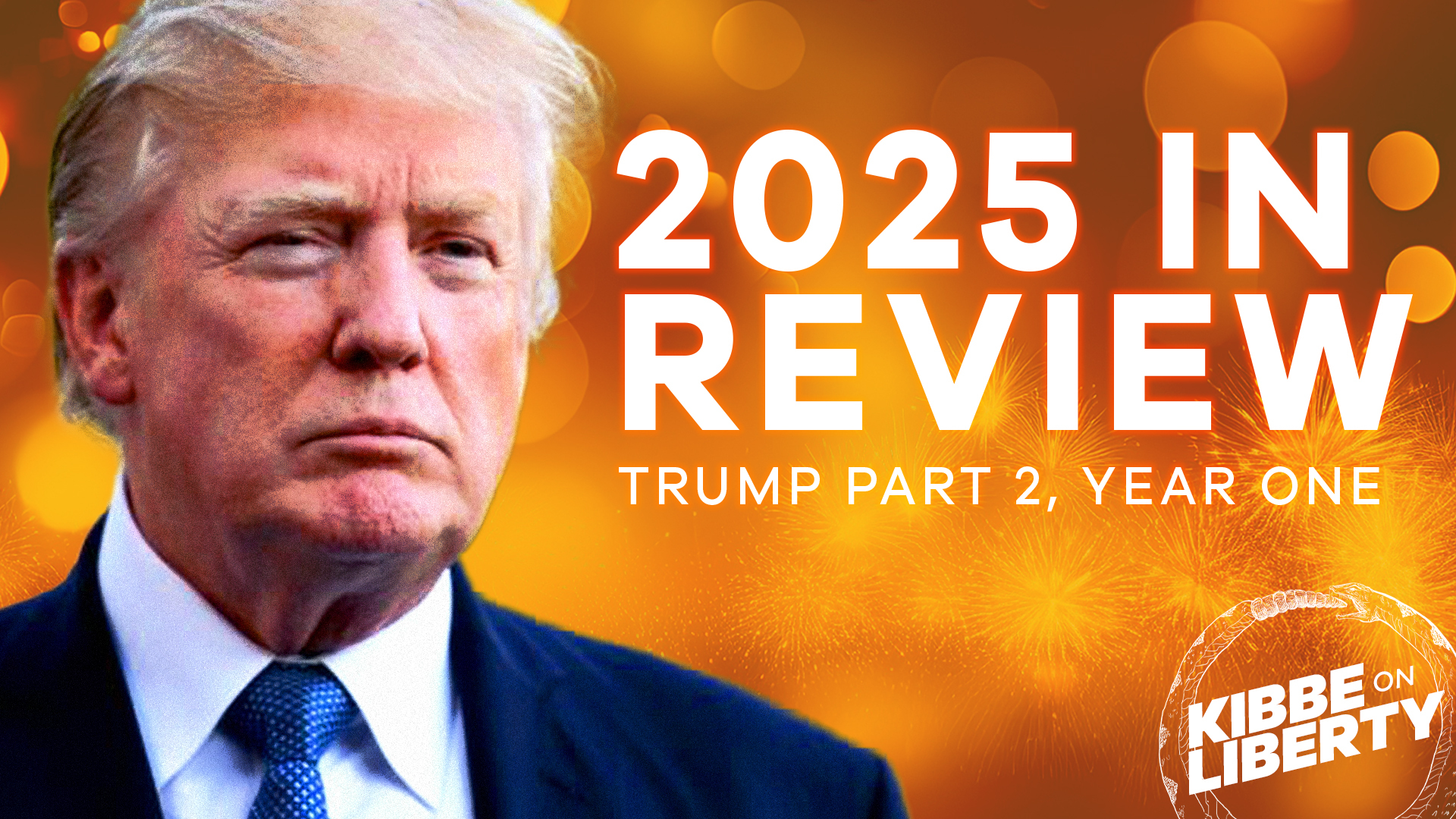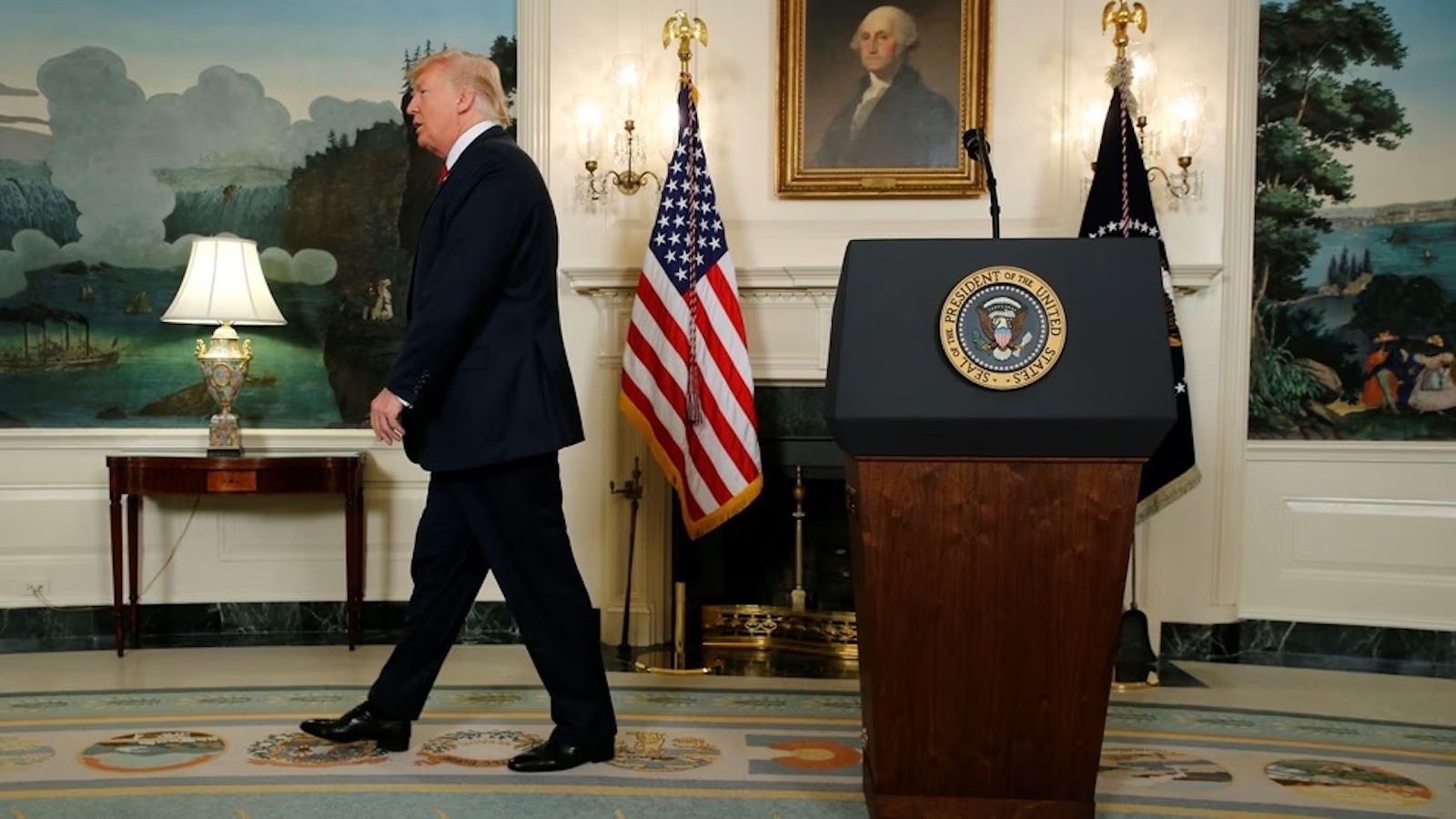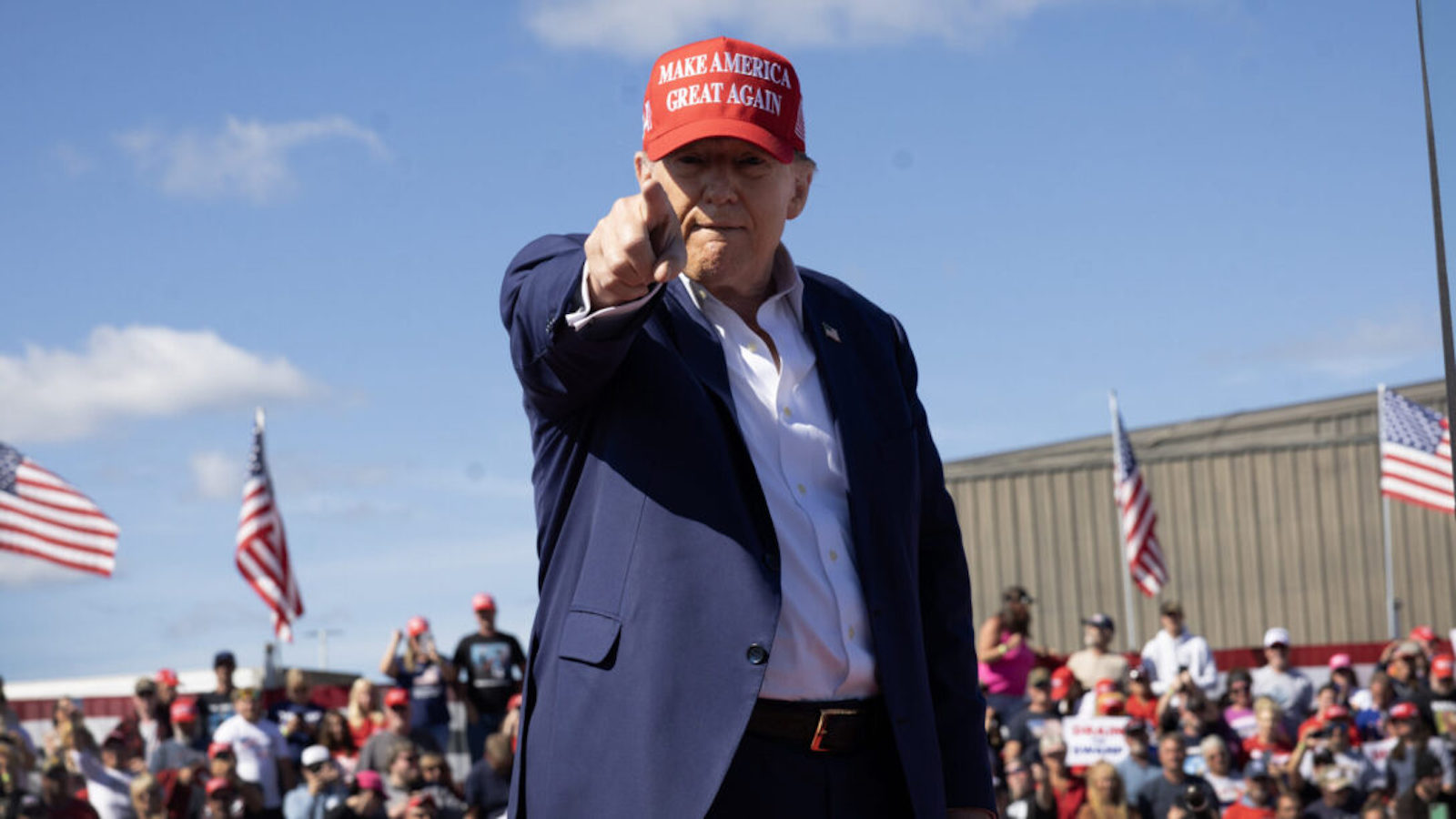
Lessons from a Transnational Bromance: Trump and Milei Lead Vastly Different Nations
They attend the same international events, take every chance to be photographed together and show open admiration for each other. But beyond their taste for chainsaws, Milei and Trump need to understand that America and Argentina are not the same.
President Trump and Elon Musk are staunch admirers of Argentina’s President Javier Milei. But while the leaders may share an affinity for cutting federal waste, they should be careful not to conflate their nations’ separate needs.
During Conservative Political Action Conference (CPAC) a few weeks ago, President Trump and his star advisor, Elon Musk, met with the Argentine President. After effusive greetings, Milei, in a clear gesture of complicity, gave Musk a shiny chainsaw in reference to the state spending cuts carried out through the DOGE program. The huge smile on the businessman’s face as he brandished his new toy in the air left a photograph that spread around the world.
The message was clear. Both presidents prioritize slashing government spending, something that, broadly speaking, most conservatives appreciate. However, what Milei did not stop to explain to Trump or Musk is that the chainsaw in his country was not limited to a campaign strategy: Since he came to power, Argentina’s public spending has been cut 30%, the most in the last 30 years. And even though these cuts made it possible for the first time to achieve a fiscal surplus in a decade, the price to pay was high and affected particularly sensitive areas for the population, including retirements (20%), social programs (15%), public works (10%) and layoffs in the public administration.
Now it’s up to Musk to test Milei’s recipe in his own country in real time and with the ingredients he has at hand: an unpredictable president, a recession on the horizon and an unexpected turn towards economic protectionism—something that not only distances it from Milei’s imprint, but also from the historical trade policy of the United States. Musk should keep in mind that Javier Milei and President Trump govern completely different countries with different realities and needs; trying to apply the same recipe could be detrimental not only to the development of their nations, but also to their own political goals.
The restructuring of foreign policy is something that currently occupies a large part of the government agenda of both countries. At this point, the one who observes and tries to imitate Trump in his steps is Milei. Already since his arrival to the presidency, the Argentine leader expressed in international forums his “political alignment with the United States and the Western agenda.” This took shape in concrete decisions such as his direct support for Israel in the conflict with Hamas, his initiative to leave the WHO just days after Trump made the same announcement and even the subtle shift in his support for Ukraine by abstaining from voting in the UN General Assembly on the call for the restoration of comprehensive peace. While the latter was happening, Trump and Zelenzky starred in a scene that seemed more like a father’s reprimand to a son than a diplomatic conversation.
However, the relationship with China is a difficult dance. The escalating geopolitical rivalry between the United States and the Asian giant forced Trump to increase tariffs against the country by 54% since he came to power in January. For Argentina, the situation is visibly more complex since China today represents its second trading partner worldwide, in addition to the fact that the Chinese Central Bank is the main source of currency exchange that the Argentine Central Bank takes to maintain its reserves.
Trump may look to Milei for a bit of the style he has lost, and Milei may seek in him the credibility and support that Argentina needs to once again earn its place in the world order. The truth is that from their own trench, each of them tries to execute their own MAGA agenda. But among all the spontaneous (and some forced) coincidences, the most evident is the strong ideological tendencies of both leaders, something that can serve as a guideline in complex and changing scenarios for sure, but not when it is used above pragmatism. As we all know, history has proven countless times that putting personal ideology before the interest of a Nation has never produced good results.
Free the People publishes opinion-based articles from contributing writers. The opinions and ideas expressed do not always reflect the opinions and ideas that Free the People endorses. We believe in free speech, and in providing a platform for open dialogue. Feel free to leave a comment.




Peggy C
What I would have liked to read is an article that reflects a clear and principled understanding of the true economics of liberty: limited government focused on the protection of individual rights to property, the freedom to engage in trade both at home and abroad without government manipulation, an open,unsubsudbized market where competition and accountability rule, as opposed to crony interventionism.These principles apply equally to Arrgnetina and the US since they are universal truths that lead to peace and prosperity to the extent that they are practiced anywhere.